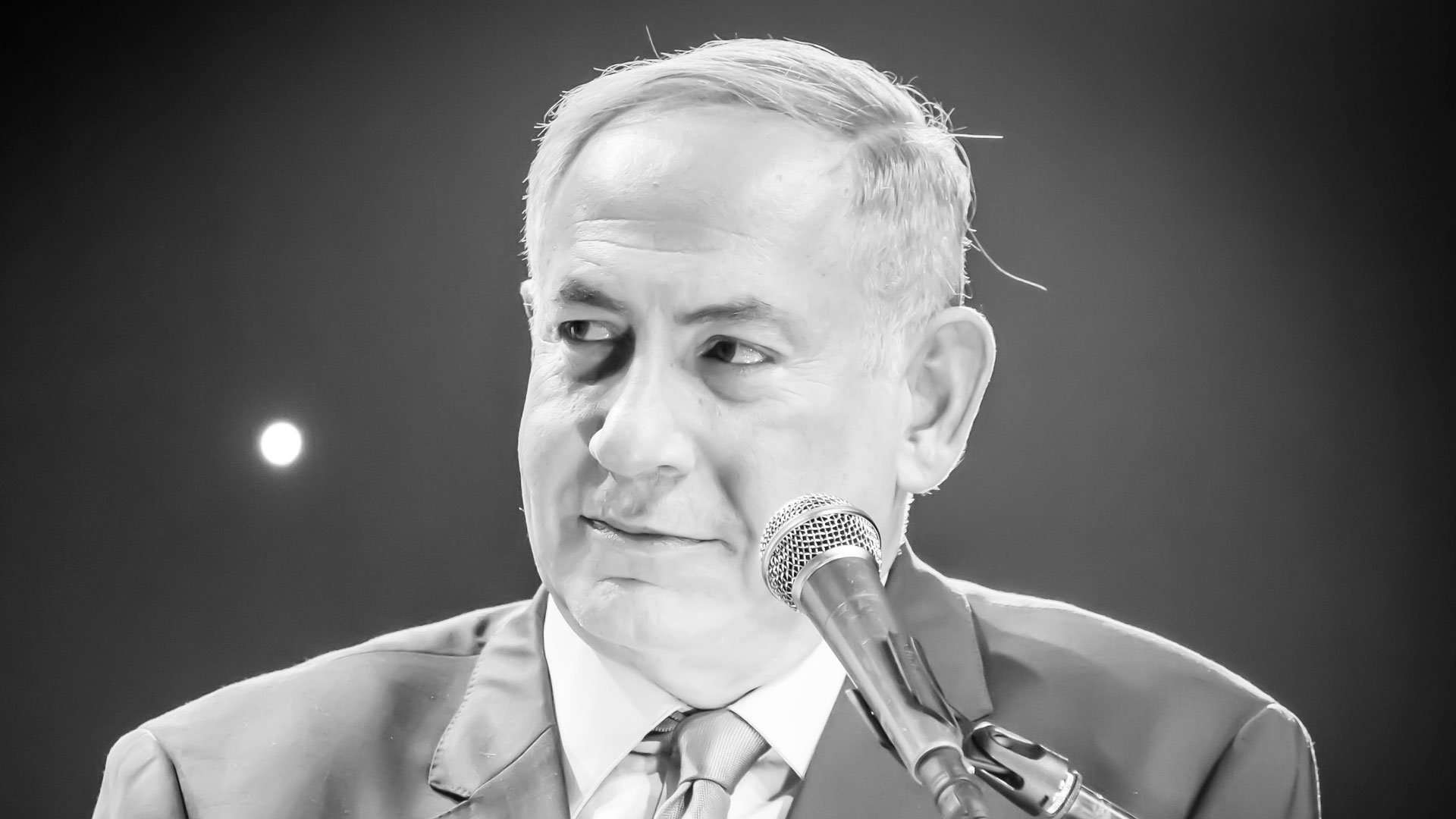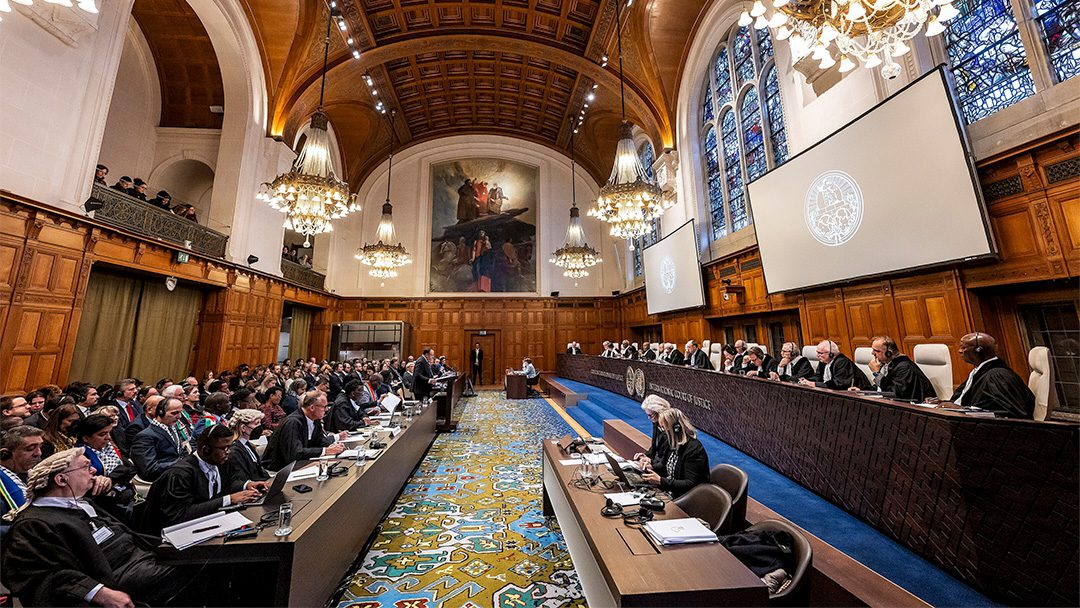Dr H. V. Evatt (Australia) president of the United Nations welcomed Israel as a UN member May 11, 1949 at 3p.m. Fifty four Governments, including forty-five Members recognised Israel in their vote. Fifty years before Theodore Herzl envisaged the Jewish state. This UN decision was seen as ‘awesome’, ‘significant’ and an acknowledgement of international ‘equality.’
Just a few months later, October 21, 1949 in Tel Aviv, Israel Benjamin (Bibi) Netanyahu was born. His father Benzion Netanyahu moved to work in the USA. He was a noted Jewish historian and certainly his knowledge and expertise contributed to the zeal and passion of his sons.
Benjamin and Yonatan Netanyahu were brothers in arms. Benjamin returned to Israel in 1967 to serve in the Israeli Defence Forces elite unit ‘Sayaret Matkel’ also known as ‘The Unit.’ Sayaret Matkel was commissioned to conduct top secret intelligence-gathering missions into enemy territory. The Unit was also actively involved in hostage rescue and counterterrorism operations.
Yonatan joined Sayaret Matkel earlier. In 1972 he was appointed Deputy Commander. On July 4, 1976 he led ‘The Entebbe Raid”, a mission to free 105 hostages held in Entebbe, Uganda. Yoni was the only casualty in a brave and successful mission.
Benjamin Netanyahu was deeply affected by the death of his eldest brother. He later initiated and organised two conferences on ways to combat international terrorism, one in Jerusalem 1979 and the other in Washington D.C. 1984.
Captain Benjamin Netanyahu was discharged from the military after the Yom Kippur War. He served The Unit for six years. In 1982 Bibi joined Israel’s diplomatic mission in the United States of America. Interestingly he was in the first delegation to talks on strategic measures for Israel-United States cooperation.
He became Israel’s ambassador to the United Nations in 1984. He led the campaign to open the UN’s Nazi War Crimes initiative in 1987.
Next came politics. In 1988 he became a member of the Knesset (Israel’s national parliament). He joined Likud, a powerful conservative party. Netanyahu was Deputy Minister of Foreign Affairs almost immediately. In his four years serving in that position he dealt with serious events including the First Intifada, the 1991 Gulf War and the Madrid Peace Conference.
The passionate, articulate Netanyahu was already growing in party room influence. On March 25, 1993 he was elected Chairman of Likud and for the first time was a candidate for Prime Minister.
The assassination of Yitzhak Rabin was a tragic event in the time Netanyahu led the opposition. Palestinian terrorism became better organised and brutally effective.
In 1996 Benjamin Netanyahu defeated the Labor candidate Shimon Peres to become Prime Minister of Israel. The tables were reversed in 1999 when he was beaten by Ehud Barak (Labor).
It was time out for Bibi but he returned to politics in 2002 first as Minister of Foreign Affairs and then Finance Minister until 2005.
Prime Minister Ehud Olmert resigned in 2009 and Bibi won his second term as Premier. Tensions mounted between Israel and the USA as American President Barack Obama made numerous decisions that upset the Israeli leaders. An Obama trip to Cairo with no visit to Jerusalem was not taken lightly.
Throughout the following years the lobbying and jockeying for position within the political arena was feverish. At one stage at a joint session of the US Congress (May 2011) Netanyahu indicated support for a Palestinian state conditionally. In the day before the March 2015 Israel elections he categorically declared there was no chance of a Palestinian state while he was Prime Minister. “Whoever moves to establish a Palestinian state or intends to withdraw from territory is simply yielding territory for radical Islamic terrorist against Israel,” he said.
He won reelection in 2015 with a coalition agreement.
Nevertheless in the USA the Obama administration was offended by the Palestinian state reversal by Netanyahu. Obama came to the Oval Office with a determination—to establish the Palestinian State. On his first day President Obama called the Palestinian Authority leader Mahmoud Abbas before calling the Israel prime minister Ehud Olmert. When Netanyahu won the premiership Obama found a considerable articulate and stubborn obstacle.
Netanyahu said: “First of all, Arafat is wrong. Jerusalem is Israel’s capital, will never be divided, and will remain the capital of the State of Israel, the capital of the Jewish people, for ever and ever.” Arafat was the founding leader of the Palestinian Liberation organisation (PLO).
Iran also became a contentious issue between Netanyahu and Barak Obama.
A dramatic change came with the election of billionaire businessman Donald J. Trump. The new President recognised Jerusalem as the capital of Israel and moved the US Embassy from Tel Aviv.
Netanyahu and Israel were ecstatic. Settlers declared Trump ‘the King of Israel.’ A Golan Heights community was named Ramat Trump (Trump Heights in Hebrew). At the Ramat Trump inauguration Prime Minister Netanyahu said: “President Trump is a very great friend of the country, a friend who did things for the country that were not done in the past and should have been done in the name of justice and truth.”
The Trump-Netanyahu connection was a dynamic change from the past.
In the April, 2019 Israel elections a chaotic, confused and unsettling situation emerged. The Likud Party led by Netanyahu won 35 seats. That result was equalled by the new Israel Resilience Party led by Benny Gantz the former Chief of General Staff for the Israel Defense Forces. The fierce political manouvring began. In an attempt to gain greater numbers the Resilience Party joined forces with Telem and Yesh Atid parties to form Blue and White, in Hebrew Kahol Lavan, the colours of the Israel flag.
In a season of uncertainty both leaders were given opportunities to form government by President Reuven Rivlin. Neither succeeded.
The great shadow over Benjamin Netanyahu darkened as serious investigations led to criminal charges. It was suggested the Netanyahu family had received lavish gifts (Case 1000), media manipulation with Israel’s second largest newspaper Yediot Achronot (Case 2000), allegations of bribery in a submarine deal with Germany (Case 3000), known as the Bezeq Affair collusion with a business owner with confidential documents involved (Case 4000).
On January 28, 2020 the Prime Minister withdrew a request for parliamentary immunity to avoid a criminal trial. Consequently he was indicted and charged with fraud and breach of trust in Case 1000 and Case 2000. His opponents called for an immediate resignation but without a conviction that was premature.
The arrival of the Coronavirus pandemic forced the court dates to be delayed. Covid 19 also forced the opposing political factions to negotiate with the national interest paramount.
The arrangement made between Netanyahu and Benny Gantz looks flimsy. Only time will tell if it holds together.
As if to explain his own context for being, he said: “My first name, Benjamin, dates back a thousand years earlier to Benjamin – Binyamin – the son of Jacob, who was also known as Israel. Jacob and his 12 sons roamed these same hills of Judea and Sumeria 4,000 years ago, and there’s been a continuous Jewish presence in the land ever since.”
He has lived determined to bring forth the ordained history of Israel. Many a biblical hero was hindered by their human weakness but the final outcome has always been divine destiny.












0 Comments